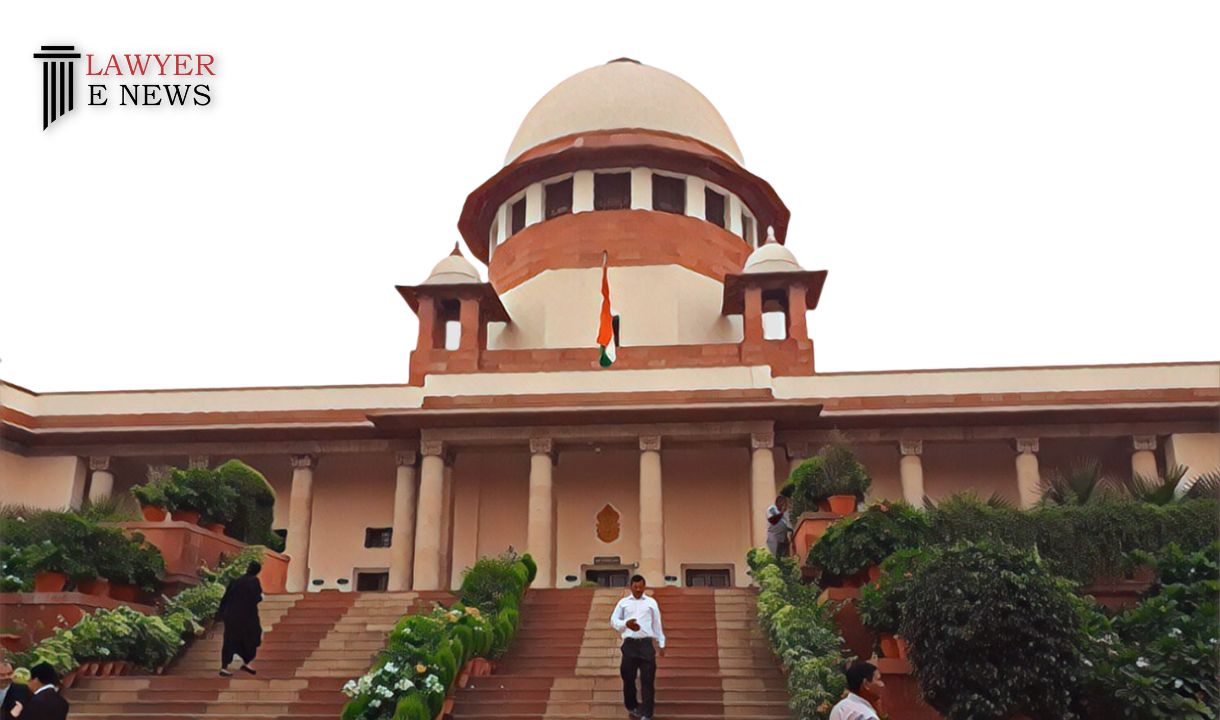-
by sayum
14 February 2026 2:22 PM



High Court's decision affirming trial court’s conviction under Section 302 IPC and other offenses reversed due to unreliable identification evidence.
In a significant judgment, the Supreme Court has acquitted P. Sasikumar, the appellant in a notorious murder case, reversing the conviction upheld by the High Court of Madras. The bench, comprising Justices Sudhanshu Dhulia and Prasanna B. Varale, emphasized the critical role of a Test Identification Parade (TIP) in ensuring the reliability of witness identification, which was notably absent in this case.
The case pertains to the brutal murder of a 14-year-old girl in Salem, Tamil Nadu, on the night of November 13, 2014. The appellant, P. Sasikumar, and another accused were alleged to have killed the girl inside her house. The prosecution's case was largely circumstantial, relying on the testimony of witnesses and forensic evidence. The FIR was lodged by the victim's father, Durairaj (PW-1), who discovered his daughter bleeding profusely from her neck upon returning home. The girl was declared dead at the hospital due to the severity of her injuries.
The police arrested the accused on November 15, 2014, and recovered incriminating items. However, the High Court noted several investigative lapses, particularly the failure to conduct a TIP.
The Supreme Court's primary concern was the identification of the appellant, which hinged on witness testimonies from PW-1 and PW-5. Both witnesses had seen the appellant on the day of the crime wearing a green monkey cap, which obscured most of his face. The Court highlighted the necessity of a TIP in such scenarios where the accused is a stranger to the witnesses and the identification in court is the first instance of recognition.
The bench criticized the investigation for not seeking the magistrate’s permission for a TIP, which is crucial when witnesses are identifying a stranger. The Court cited the case of Kunjumon v. State of Kerala, underscoring the importance of TIP in bolstering the credibility of witness identification.
The Supreme Court concluded that the lack of a TIP rendered the dock identification by PW-1 and PW-5 unreliable. "Doubt always belongs to the accused," the judgment stated, reflecting the principle that in criminal law, the benefit of the doubt must favor the defendant. The Court emphasized that in the absence of a TIP, the prosecution had failed to establish the appellant’s identity beyond a reasonable doubt.
Justice Sudhanshu Dhulia remarked, "The prosecution has not been able to prove the identity of the present appellant beyond a reasonable doubt. The relevance of a TIP is well-settled and crucial in cases where the accused is a stranger to the witness."
The Supreme Court's judgment underscores the judiciary's commitment to ensuring rigorous adherence to procedural safeguards in criminal investigations. The acquittal of P. Sasikumar, after nearly eight years of imprisonment, highlights the critical importance of reliable identification processes in upholding justice. This landmark decision is expected to influence future cases, reinforcing the necessity for meticulous and lawful investigative practices.
Date of Decision: July 8, 2024
Sasikumar vs. The State Rep. by the Inspector of Police
